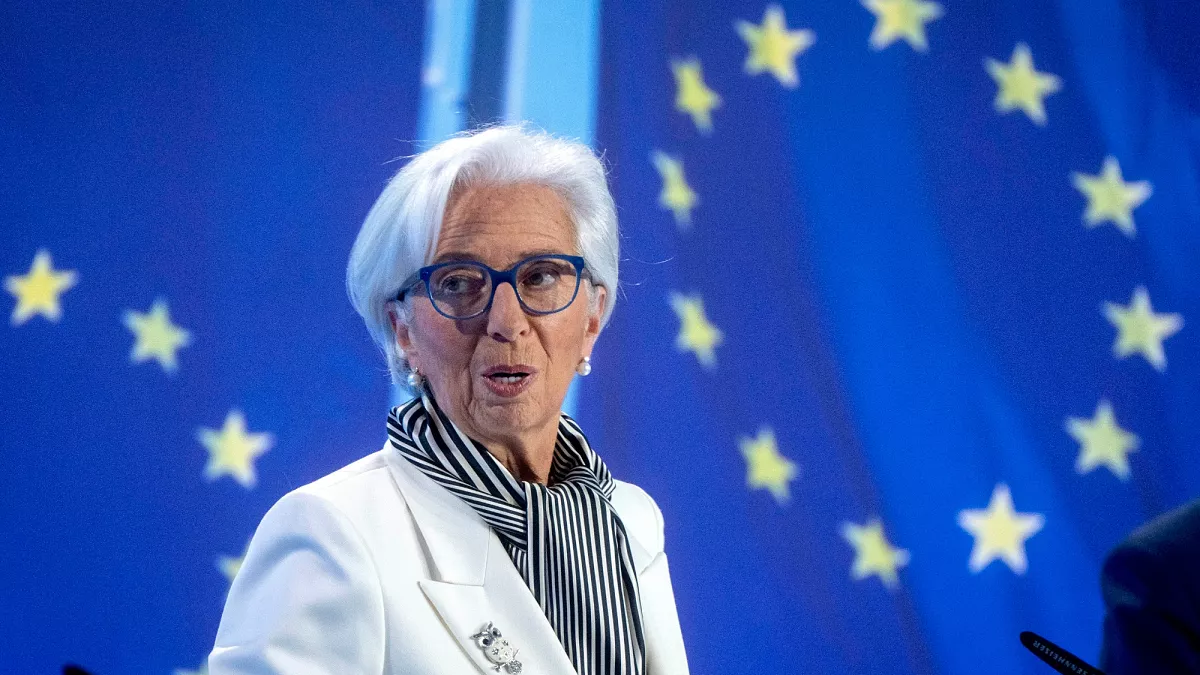In a bold action, the European Central Bank (ECB) reduced interest rates as rising trade tensions, driven by U.S. tariffs during former President Donald Trump’s tenure, start to overshadow eurozone economic prospects. Policymakers indicated that they moved due to “exceptional uncertainty” that’s rattling investor confidence and weakening manufacturing momentum throughout Europe.
The rate cut is meant to stimulate lending and spending in the 20-member eurozone, already experiencing inflation pressures and weak demand. The analysts consider this to be a pre-emptive action to guard the economy from the impact of global trade tension, particularly with fresh tariffs on European exports taking effect.
ECB President Christine Lagarde underlined the importance of prudence, observing that the international economic environment is extremely unstable. “The eurozone cannot act independently of U.S. trade policy changes,” she urged governments to complement monetary measures with specific fiscal policies.
Markets reacted with conflicting signals—stocks experienced a modest increase, while the euro fell slightly against the dollar. As Trump’s tariff policies continue to unsettle global trade flows, the ECB’s action highlights growing fears of maintaining growth in a more fragmented global economy.









